Echinacea and its Evolving Role in Cold Treatment
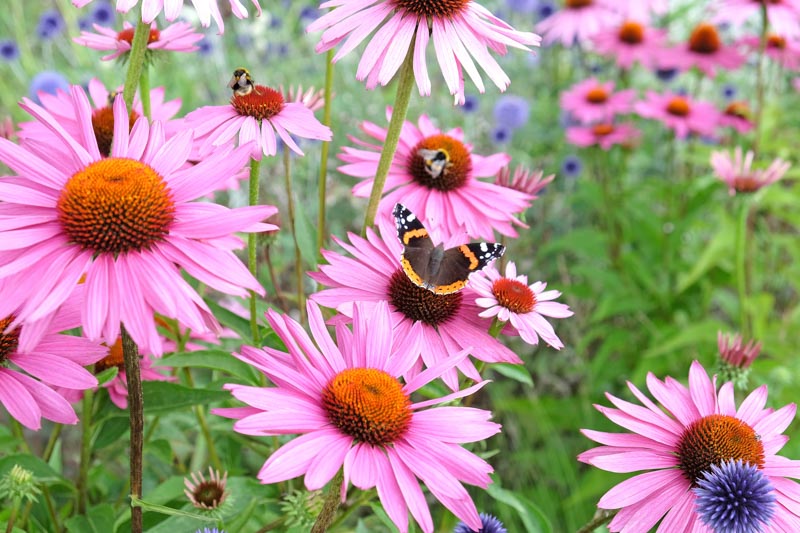
Echinacea, a vibrant purple coneflower, has a rich history in traditional medicine, particularly valued for its immune-boosting properties. Used extensively to combat respiratory ailments, especially colds, this herb has garnered renewed interest in recent years. As ongoing research sheds light on its efficacy, a more nuanced understanding of Echinacea’s role in cold treatment is emerging. Here’s a detailed exploration of recent findings and the evolving perceptions surrounding this popular herb.
Echinacea in Immune Support:
A recent study by the National Center for Complementary and Integrative Health investigated the impact of Echinacea on 300 adults who were prone to respiratory infections. The results indicated that daily supplementation with Echinacea could reduce the duration of cold symptoms by approximately 1.4 days. While this finding suggests that Echinacea may offer some relief to those suffering from colds, the study’s authors noted significant variability in the dosages and types of Echinacea extracts used across different research efforts. This inconsistency complicates the ability to draw firm conclusions about Echinacea’s full potential and effectiveness.
The research highlights that while Echinacea can play a supportive role in alleviating cold symptoms, it should be used as a complementary treatment rather than a replacement for standard medical therapies. Health experts recommend that individuals consider Echinacea as part of a broader strategy for immune support, which includes maintaining a healthy lifestyle, managing stress, and following medical guidance for treating respiratory infections.
Consumer Confidence and Trends
Echinacea continues to be one of the most sought-after herbal remedies in both Europe and the United States, particularly during flu season. Its widespread availability in various forms—supplements, teas, tinctures—reflects its popularity among consumers seeking natural health solutions. However, as awareness of herbal medicine grows, so does the demand for transparency regarding product quality and efficacy.
Consumers are increasingly educated about the potential benefits and limitations of herbal remedies, which has led to a call for better quality control measures and comprehensive research on Echinacea’s effectiveness across various health conditions. While Echinacea’s longstanding use lends it a level of credibility, both consumers and healthcare professionals are advocating for rigorous scientific evaluation to establish clearer guidelines for its use in cold treatment and immune support.
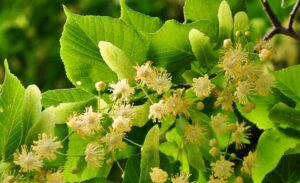
Linden Leaf & Flowers
Linden Leaf & Flowers Linden Leaf and Flowers are known for their soothing properties and delicate aroma. This herb is used in both traditional medicine
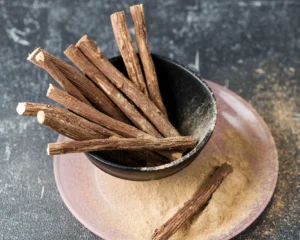
Licorice Root
Licorice Root Licorice Root is a perennial herb renowned for its sweet flavor and numerous health benefits. It has been used in traditional medicine for
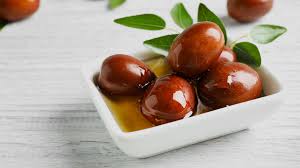
Jojoba
Jojoba Jojoba (Simmondsia chinensis) is a perennial shrub native to the arid regions of the southwestern United States and northern Mexico. The plant is best
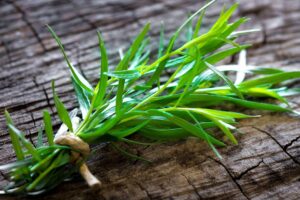
Tarragon
Tarragon Safflower (Carthamus tinctorius) is a highly branched, herbaceous plant known for its vibrant yellow, orange, or red flowers. It has been cultivated for centuries

Lavender-Infused Herbal Cookies for Relaxation
Lavender-Infused Herbal Cookies for Relaxation These lavender-infused cookies provide a delicious way to relax and unwind. Perfect for a calming snack before bed or a
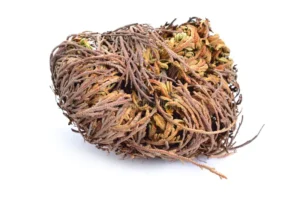
Jericho
Jericho Jericho, also known as Rose of Jericho or Anastatica hierochuntica, is a fascinating plant known for its remarkable resurrection abilities and distinctive appearance. This